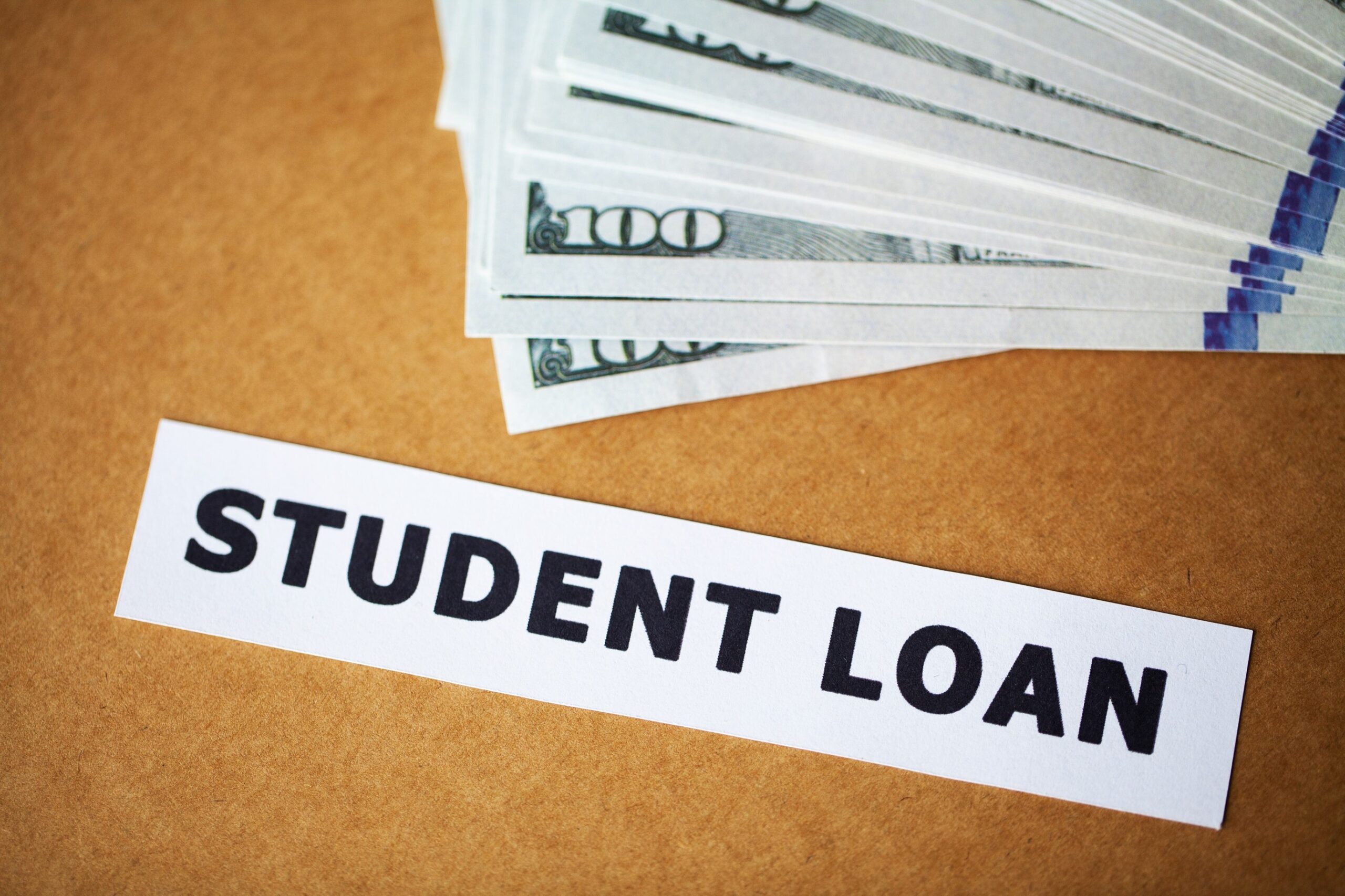Dealing with a deep financial crisis can be tough and mentally exhausting for both you…
Can Private Student Loans Be Discharged In Bankruptcy? – Guest Post

Student loan debt is a major issue in the United States. Americans owe more than $1.3 trillion in student loan debt, and that number continues to grow. While there are many ways to deal with student loan debt, one option that is often overlooked is bankruptcy discharge. In this blog post, we will discuss the basics of private student loans bankruptcy discharge. We will cover the eligibility requirements and how to go about filing for bankruptcy discharge of your private student loans. So, if you are struggling with private student loan debt, this blog post is for you!
What Is A Private Student Loan?
A private student loan is a type of loan that is not backed by the federal government. Private student loans are issued by banks, credit unions, and other private lenders. Private student loans generally have higher interest rates than federal loans and often have fewer repayment options.
How Do Private Student Loans Work?
Private student loans work similarly to other types of loans. You borrow a certain amount of money and are responsible for repaying that money, plus interest, over a period of time. The terms of private student loans can vary depending on the lender, but typically they have a fixed interest rate and a repayment term of 10 to 20 years.
Can Private Student Loans Be Discharged In Bankruptcy?
Yes, private student loans can be discharged in bankruptcy. However, it is important to note that not all types of student loans can be discharged in bankruptcy. For example, federal student loans can only be discharged in bankruptcy if you can prove that repaying the loan would cause undue hardship.
How Can I Discharge My Private Student Loans In Bankruptcy?
The process for discharging your private student loans in bankruptcy is similar to the process for discharging other types of debt. You will need to file a petition with the court and attend a hearing. At the hearing, the court will determine whether or not your private student loans can be discharged.
The Consequences Of Discharging Private Student Loans In Bankruptcy:
There are a few things to keep in mind if you are considering discharging your private student loans in bankruptcy. First, it is important to understand that discharging your loans in bankruptcy is a last resort. It will have a negative impact on your credit score and can make it difficult to get future loans. Additionally, you will still be responsible for paying any outstanding balances on your loans, even if they are discharged in bankruptcy. Finally, discharging your loans in bankruptcy will not get rid of your obligation to repay the loans. If you discharge your loans in bankruptcy, you can still be sued by the lender for the unpaid balance.
If you are struggling with private student loan debt, it is important to understand all of your options. Bankruptcy discharge is one option that can help you get rid of your debt. However, it is important to understand the process and the consequences before you decide to discharge your loans in bankruptcy. If you have any questions about private student loan discharge in bankruptcy, please contact a qualified attorney.
Alternatives To Discharging Private Student Loans In Bankruptcy:
There are a few alternatives to discharging your private student loans in bankruptcy. If you are struggling to make your monthly payments, you can contact your lender to see if you can qualify for a deferment or forbearance. You can also consider consolidation or refinancing your loans. These options can help you lower your monthly payments or get out of debt faster. However, it is important to understand that these options can also have negative consequences. For example, consolidation can extend the life of your loan and increase the total amount of interest you pay. Refinancing can also lead to higher interest rates and fees.
Before you decide to discharge your private student loans in bankruptcy, you should explore all of your options.
How To Get Help If You’re Struggling With Your Private Student Loans?
If you’re struggling with your private student loans, there are a few places you can turn for help. You can start by contacting your lender to see if you can qualify for a deferment or forbearance. You can also contact a nonprofit credit counseling agency. These agencies can help you create a budget and develop a plan to get out of debt. Finally, you can contact a bankruptcy attorney. These attorneys can help you understand your options and can represent you in court if you decide to discharge your loans in bankruptcy.
No matter what option you choose, it is important to get help if you’re struggling with your private student loans. There are a variety of resources available to help you get out of debt.
Conclusion Paragraph:
Private student loans can be a lot more difficult to manage than federal ones. That’s because there are fewer options for people struggling with repayments, and they might not receive any financial help from their lender if things get hard—no matter how bad it gets! To try and combat these potential issues, those with private student loans should consider refinancing or negotiating on their own; taking advantage of debt settlements offered by lenders (though keep in mind this will only deal directly with the original loan); or speaking confidentially about bankruptcy possibilities while talking through other finances first at an independent credit counselor’s office. However, each situation is unique, so it’s important to explore all options before making any decisions.

